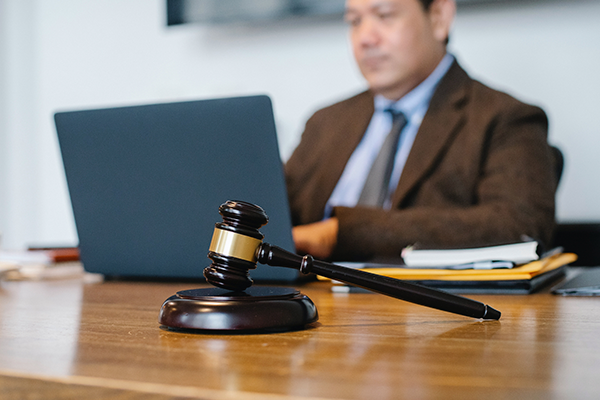- Provide the Attorney with Names
Before meeting with you, any attorney will need to do a conflict check. A conflict check is a process by which the attorney and his or her firm ensures that they do not represent anyone else in your case, and do not have an issue representing you. To do a thorough conflict check the attorney will need your name and the names of any other parties that might be involved in the litigation. Most firms will not set up an appointment with you until they are sure there is no conflict. - Fees
Ask up front whether there will be a charge for your initial consultation. Depending on the type of case, it may be possible that your initial consultation will be free of charge. In other cases, there is regularly a charge for the first meeting. It is important to know this before meeting with an attorney so that you can plan accordingly. - Gather the Facts
Sitting down in an attorney’s office for the first time can be intimidating. The attorney should do everything he or she can to put you at ease, but it is natural to be forgetful under the circumstances. As a result, it is important to do some preparation work prior to coming to the office. Sit down, think about your case and what you want to tell the attorney. Jot down some notes that you think will be helpful to jog your memory during the meeting and be ready for the attorney to ask you lots of questions. It is important for the attorney to know as much about your case as possible before agreeing to represent you. - Gather Documentation
The attorney you meet with will likely want to see and collect documents in your possession that are relevant to your case. The documents you need to bring will be different for each case. If you believe you have been wrongfully terminated, bringing any correspondence from your employer regarding your termination, discipline, or warnings will be important. If you are interested in amending a will, you should bring the will with you. (For more information on what to bring with you to your initial estate planning meeting, check out “What Should I Bring” blog post by Steve Newman). If you have been in a car accident, a copy of the police report and your medical bills will be helpful. Bringing these documents with you for your first visit will make that meeting more informative and worthwhile. - Relax
While it is easy to be nervous, remember that the attorney is there to help you. Be open with your attorney and understand that they are asking questions to understand as much as possible about your case. Be yourself and tell your story. The attorney will decide whether to take your case from there.
If you have never met with an attorney before, it can be a nerve-racking experience. It can be difficult to know what to do to prepare for your meeting. Here are five things attorneys want their clients to do before their first meeting. Following these first steps can help to make that initial meeting easier.

















